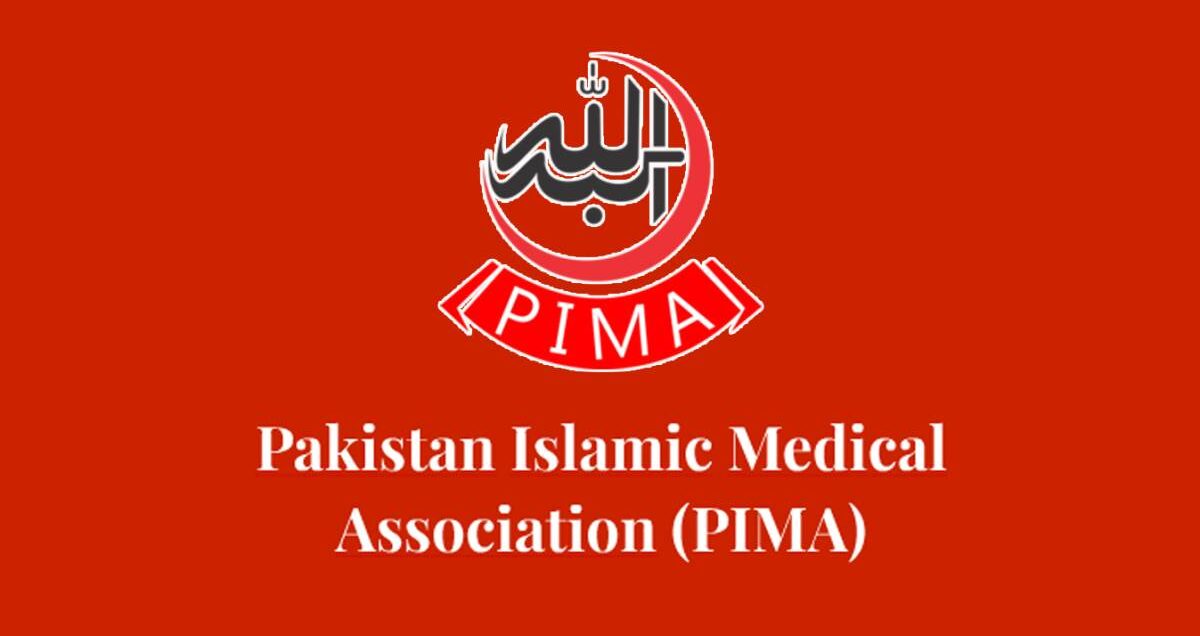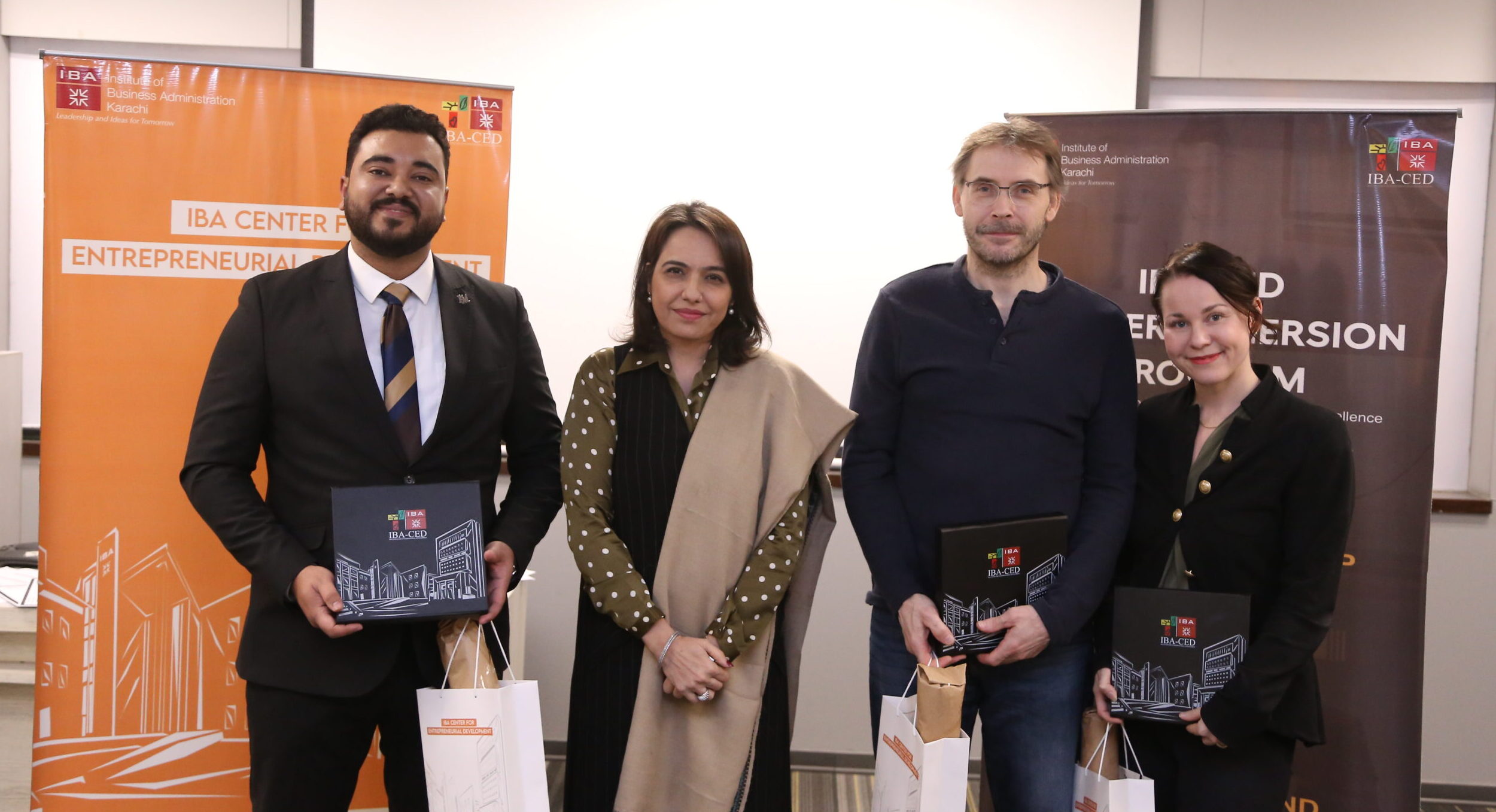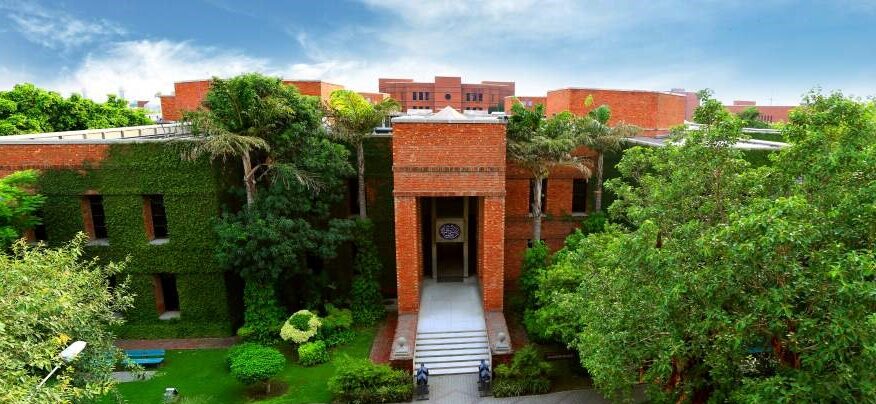Islamabad, August 28, 2019: Pakistan and Turkmenistan share historical relations, as Pakistan is one of the first countries to
Turkmenistan is a natural partner for the CPEC extension, said Habibullah Dadabhoy, Director Dadabhoy Group. He was speaking to a group of ambassadors from the Central Asian countries at a hotel in Islamabad today.
A special lunch was organized by the Center for Peace, Security and Developmental Studies an initiative of the Dadabhoy Group. More than 12 ambassadors from the central Asian countries attended to honour H.E. Atadjan Movlamov, Ambassador Extraordinary and Plenipotentiary Embassy of Turkmenistan.
On the occasion H.E. Atadjan Movlamov, said that “we look at Pakistan as a brotherly nation, where both countries can learn from each other on so many aspects, joint initiatives on trade and energy can benefit the citizens of both countries, while trade can make stronger bonds between the two nations, energy can fuel the economic growth.
President Center for Peace Security and Developmental Studies (CPSD), Lt. General (Rtd.) Agha Muhammad Umer Farooq, Hilal-e-Imtiaz (M), said that, Pakistan has accorded approval to Turkmenistan for access to the warm water of Gwadar Port as well as Iran and Russia, thus providing Turkmenistan direct access to the Arabian Sea. This makes Turkmenistan a strategic allay of Pakistan for both trade and security paradigms.
As part of the China-Pakistan Economic Corridor, Pakistan has
ECO is an Asian political and economic intergovernmental organization which was founded in 1985 in Tehran by the leaders of Iran, Pakistan, and Turkey. It provides a platform to discuss ways to improve development and promote trade and investment opportunities. The ECO is an
In November 2016, Pakistan joined the Ashgabat Agreement which aims to export Turkmen gas throughout the region in addition to the Lapis Lazuli corridor designed to facilitate trade.
Earlier, Pakistan has also affirmed its commitments to Turkmenistan in a Sustainable Transport conference where Pakistan affirmed that “Regional connectivity, economic integration are key pillars of Pakistan’s foreign policy.”
Turkmenistan is a country in Central Asia, bordered by Kazakhstan to the northwest, Uzbekistan to the north and east, Afghanistan to the southeast, Iran to the south and southwest, and the Caspian Sea to the west. Ashgabat is the capital and largest city.
The population of the country is 5.6 million, the lowest of the Central Asian republics and one of the most sparsely populated in Asia. Turkmenistan has been at the crossroads of civilizations for centuries.
Turkmenistan’s Trade with Pakistan has been entirely in
Cotton is the largest export to Pakistan, and vegetable or animal fats and oils are the most imported commodities from Pakistan. Turkmenistan has the potential to increase its export of cotton, urea and polypropylene to Pakistan.
On the other hand, Pakistan can enhance its supply of wheat and medicament to Turkmenistan. In 2016, Turkmenistan’s trade potential with Pakistan for top ten products amounted to $186.68 million for imports and $322.32 million for exports.
The Centre for Peace, Security and
CPSD undertake an in-depth probe
The Group is also custodian of the Dadabhoy Institute of Higher Education, which has imparted subsidized


























































































































































































































































































